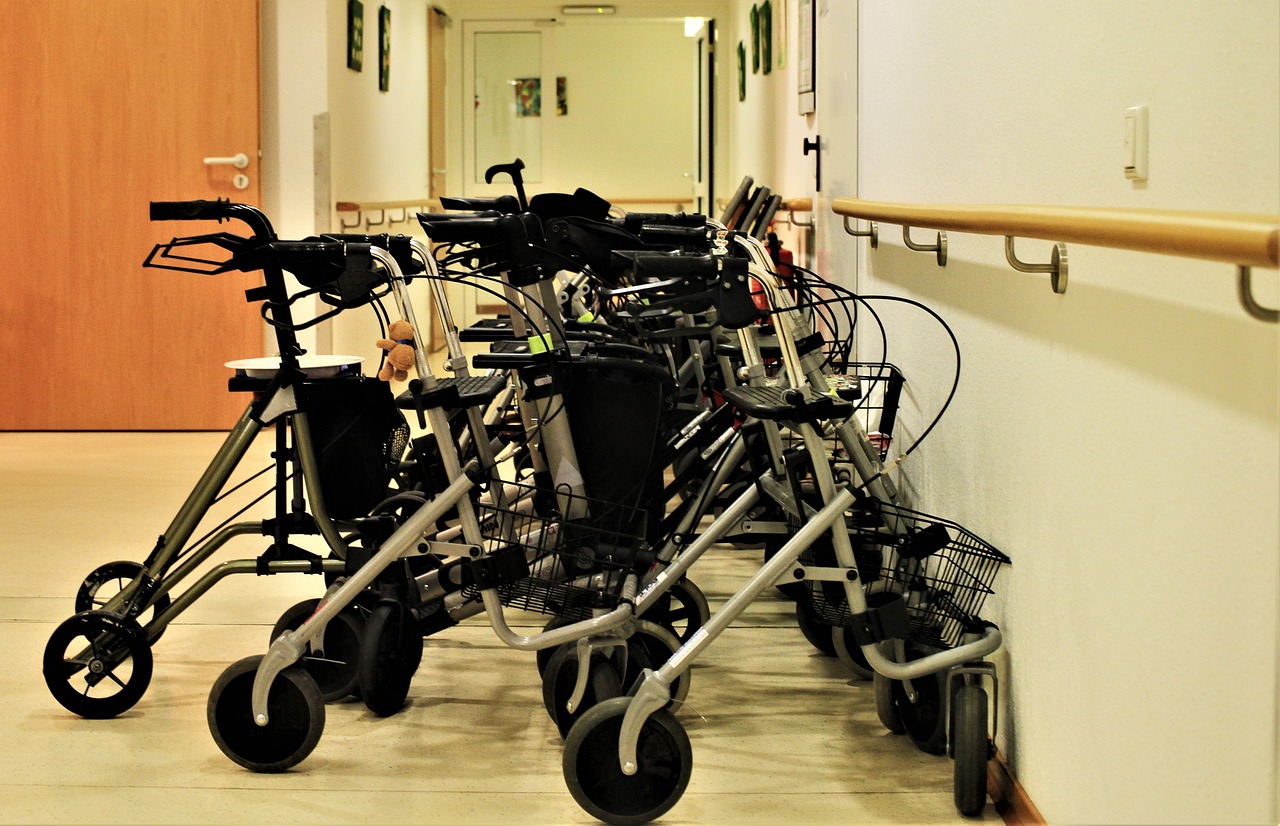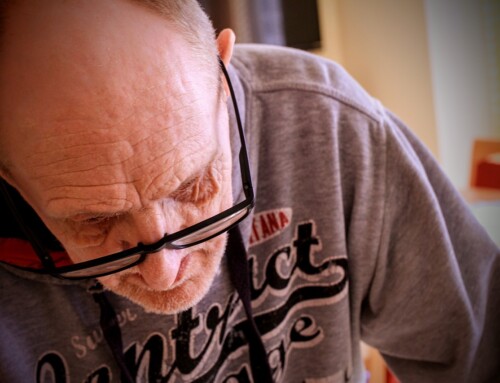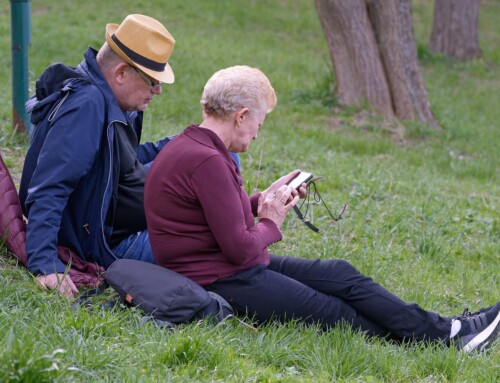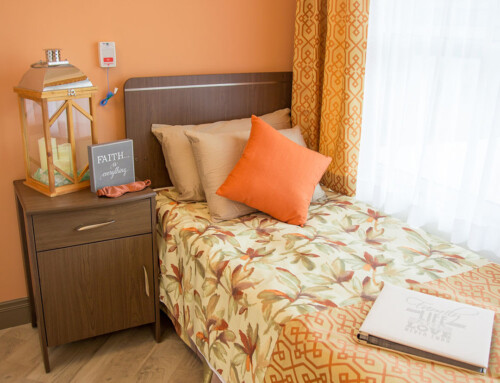Dementia and related memory issues have the well-known effects of limiting the cognitive functions of those suffering from the conditions, but that isn’t all they do. Seniors requiring memory care often face mobility issues that can impact their daily lives and schedules in major ways. Importantly, mobility issues are some of the most threatening to your loved one’s sense of independence as they age. Today, we will explore the common mobility challenges faced by seniors with memory issues and discuss practical strategies for addressing these challenges.
Understanding Mobility Challenges in Florida Memory Care
Several factors contribute to worsening mobility for seniors with dementia and similar conditions. One of the main factors is the progression of the disease itself. As the condition worsens, worsening memory and a lack of understanding of their surrounding can lead to a decline in physical coordination, making it difficult for residents to move around independently. Additionally, muscle weakness and balance issues are more common in memory care residents who can no longer adequately participate in physical exercise. Environmental factors also play a role – locations unsuitable for long-term care, like a home not fitted with mobility assistance, can make it harder for seniors to engage with their surroundings. Eventually, they may stop trying altogether.
Limited mobility often causes seniors to have increased feelings of frustration, isolation, and self-pity. Seniors who try to continue being active and mobile risk falling and injuring themselves, further limiting their ability to move. Staff at assisted living and memory care facilities always pay close attention to the mood of seniors with memory issues. Even if they can’t properly verbalize and complain about their current physical condition, they still react to their environment. By addressing challenges and providing appropriate support, our team members can help improve your family member’s quality of life, no matter their mobility level.
Strategies for Addressing Mobility Issues
Unless you can dedicate a lot of your time to at-home care, an assisted living and memory care facility is likely the best option for your family member suffering from mobility challenges due to memory issues. Luckily, these facilities provide families with the perfect blend of assistance, support, and independence to help family members get their loved ones back engaging with the world around them.
Implementing Individualized Care Plans
Individualized care plans help staff members at assisted living and memory care facilities provide the highest level of care to every single resident. Each resident has unique needs and abilities, and a personalized care plan ensures that their specific mobility challenges are taken into account. These plans can be adjusted as time goes on to better tackle the needs of the resident.
Promoting Physical Activity and Exercise
Regular physical activity and exercise help seniors maintain higher levels of mobility, independence, and overall well-being. While it can be challenging to exercise while having limited mobility, there are many low-impact exercises that are ideal for seniors in this situation. Some that you can encourage your family members to try out are seated stretches, low-weight arm exercises, and assisted swimming & walking sessions.
Assistive Devices and Mobility Aids
Assistive devices and mobility aids can step in to help when mobility challenges become too much for memory care residents. These devices are designed to provide support and enhance independence, with the goal of eventually allowing residents to move around the facility safely and comfortably. Typical examples include wheelchairs, both powered and manual, as well as walkers and canes.
Are mobility issues becoming too much for your loved one? If you want to learn more about how we can help, call A Banyan Residence today to schedule a tour of our facility.








